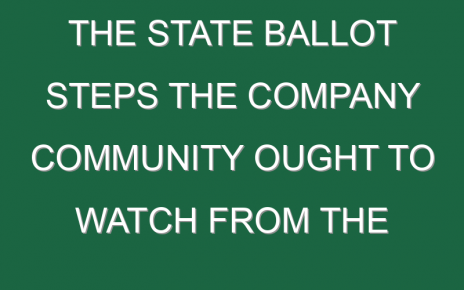As news broke of a successful trial of Pfizer and BioNTech’s vaccine on Monday morning, the reaction of epidemiologists and virologists came pouring in. Reader, they’re excited.
Always a cautious bunch, scientists—so far, reaction skews European and U.K. heavy as the U.S. wakes up to the news—measured their words, but some, like Cambridge University’s Gordon Dougan, declared the results could be a “game changer” for life under COVID-19.
On Monday, the two companies said trials had shown that their vaccine prevented more than 90% of infections in a trial that spanned thousands. The reaction has been swift. Politicians—including President-elect Joe Biden—have already reacted, while the stock market has offered a swift turn-around: punishing so-called “pandemic” stocks like Zoom and Amazon, while giving a boost to seemingly everyone else.
That may be, scientifically, jumping the gun. But epidemiologists and virologists from top universities and research centers reinforced that this is, indeed, a big deal.
They weren’t alone: on Monday, the Washington Post reported that Dr. Anthony Fauci had said that “the results are really quite good. I mean extraordinary.” Fauci also said the results could also bode well for a vaccine in development by Moderna.
“This is very encouraging news—and provides grounds for optimism that other vaccines will also show benefits,” said Fiona Watt, Executive Chair of the Medical Research Council in the U.K. in a statement this morning.
Watt also pointed to the apparent diversity of the trial, and the fact that it was undertaken by volunteers.
“What really strikes me though is the fantastic contribution of the many volunteers who have taken part in the trial, including over 40% from diverse backgrounds—without their altruism the trial could not have gone ahead.”
Most scientists, of course, advocated for some caution: full details of the trials have not yet been made public, and with so many theories flying about COVID-19 and vaccine production, that transparency is key for many to say they will be fully confident of the scale of this breakthrough.
Eleanor Riley, Professor of Immunology and Infectious Disease at the University of Edinburgh, said that the results at face value represent “exceptional good news”, but also noted in a statement that while the companies mention that the participants were ethnically diverse, they did not clarify that the study accounts for age.
“If a vaccine is to reduce severe disease and death, and thus enable the population at large to return to their normal day-to-day lives, it will need to be effective in older and elderly members of our society. We also know nothing yet about the severity of cases that were seen in the trial, whether infection or infectiousness was prevented, or how long the immunity is expected to last.”
However, she said “we have reason to be cautiously optimistic.”
Others pointed to the scale of the vaccinations in the U.S. alone, with Jonathan Reiner, professor of medicine and surgery at George Washington University, noting that it would equate to 520 million inoculations.
There’s also the difficulty, if a vaccine is successful, of getting people to actually take it.
“There is growing concern about public attitudes towards COVID-19 vaccines, with increasing numbers of people expressing doubts as to whether they would receive a vaccine when ones becomes available,” said Andrew Preston, a researcher in microbial pathogenesis at the University of Bath. Tackling public concern over vaccine safety requires “full transparency”, he said.
But a successful vaccine would not have to be administered to the entire population. Herd immunity is usually achieved when at least 80% of the population has developed immunity to a virus.
Although some governments have flirted with the possibility of herd immunity through exposure, the possibility of re-infection and the high death rate have caused scientists to warn that such an approach wouldn’t be effective from early on in the pandemic. Instead, herd immunity would require a workable vaccine.
But the feeling was, still, one of elation. Stuart Neil, a professor of the infectious diseases department at King’s College London, tweeted, “At last some positive news!” He warned that more information was needed, but said that “there is some light at the end of the tunnel.”
Meanwhile, Brian Ferguson, principle investigator at the Ferguson Lab at Cambridge University, declared on Twitter that it was “potentially a day to remember.”
More coronavirus coverage from Fortune:
- The COVID vaccine timeline: Where the candidates are now—and what’s still to come
- How 5 U.S. cities ensured COVID-positive voters could cast ballots
- The science behind the leading COVID vaccine candidates
- We don’t know enough about COVID antibodies to count on them
- The pandemic is damaging the economic ecosystems around universities




